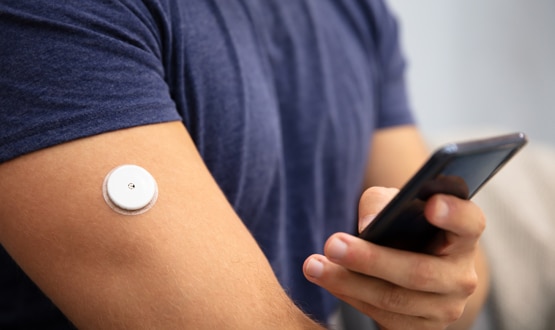FemTech comes into its own as users seek increased data and knowledge

The use of technology to address health problems across the lifecycle of women has found its moment, delegates of a FemTech conference in London heard this week, propelled by the desire of women to get access to their own health data and take control of their own health decisions.
The atmosphere at the FemTech lab’s “Decoding the Future of Women” conference was buzzy, with more than two hundred participants engaging in lively discussions of apps for tracking menstruation, fertility and the menopause as well as artificial wombs, wellness and sex.
Participants included developers, hackers, entrepreneurs, research scientists and clinicians, with morning sessions standing room only.
Until a decade ago, women accounted for around 10% of participants in clinical trials, leading to a dearth of detailed evidence about how hormones, genetics and the environment affect women’s bodies.
The growing demand for more knowledge and better diagnostics is propelling many of the innovators in the FemTech field, speakers said.
Helen O’Neill, a lecturer in reproductive and molecular genomics and CEO and founder of hormone and fertility testing service Hertility Health, said the need to collect more information became especially apparent when her company was looking to build trials to develop an algorithm of someone’s risk factors for infertility symptoms.
“It shocked us the data that exists that informs current clinical practice is based on such poor data sets,” she told attendees.
Kristina Masalin, a product manager at sleep and health tracking wearable device company Oura, said having data about their own health could provide women with a history to share with doctors, potentially saving both patients and clinicians valuable time.
Better information is also empowering, Masalin and other speakers told the FemTech audience.
Susan Thomas, clinical director at Google Health, said: “Giving women control and information is huge. Being able to have the information to give to your GP is not part of the old world of having asymmetry of information; it allows us to keep ourselves well and manage our health. It’s a whole shift.”
Last month, the Health Innovation Network announced “Accelerating FemTech”, a new initiative that will support innovators to boost the development of technology solutions to address current challenges in women’s health.




